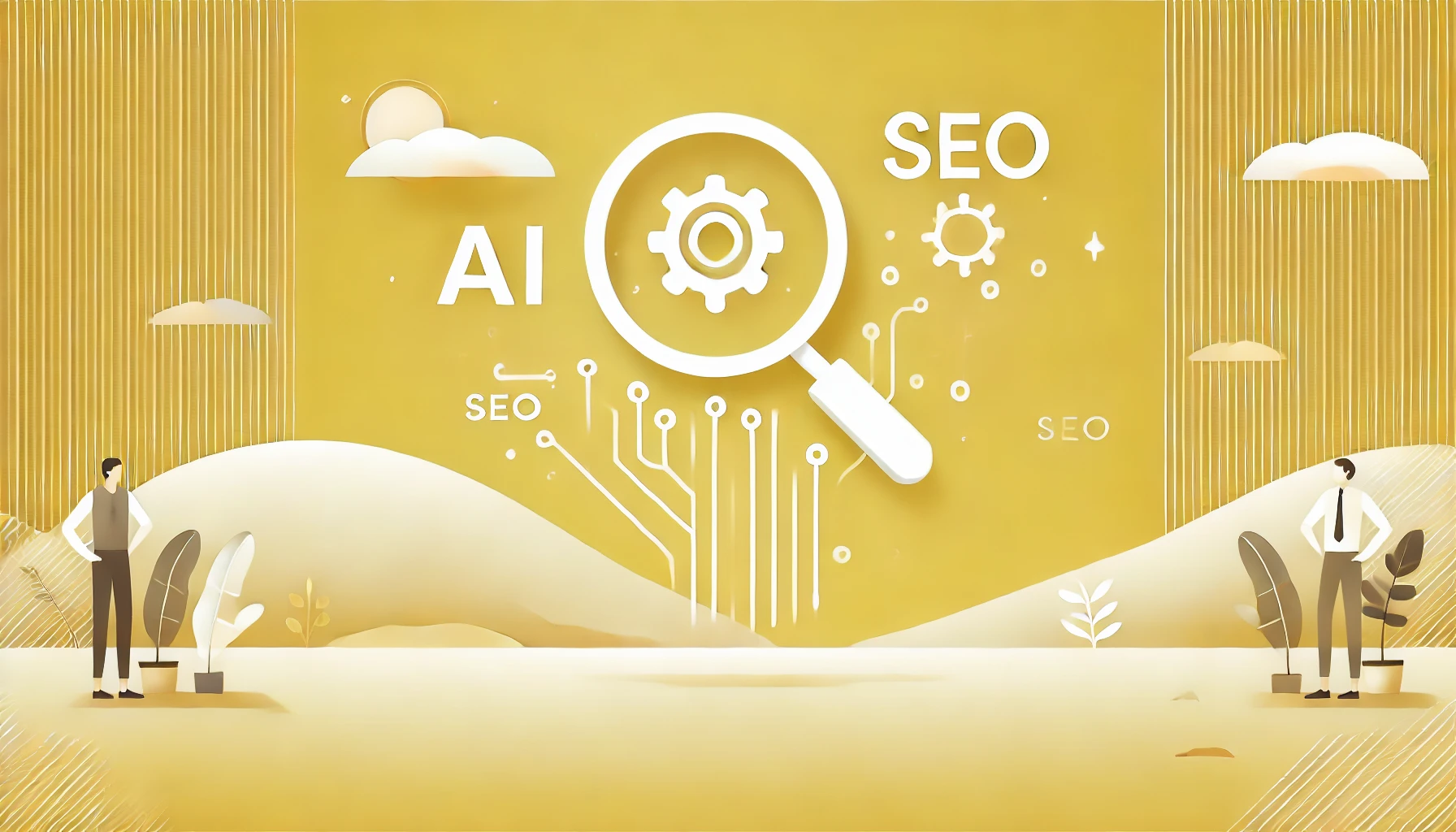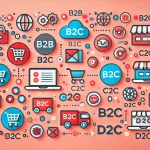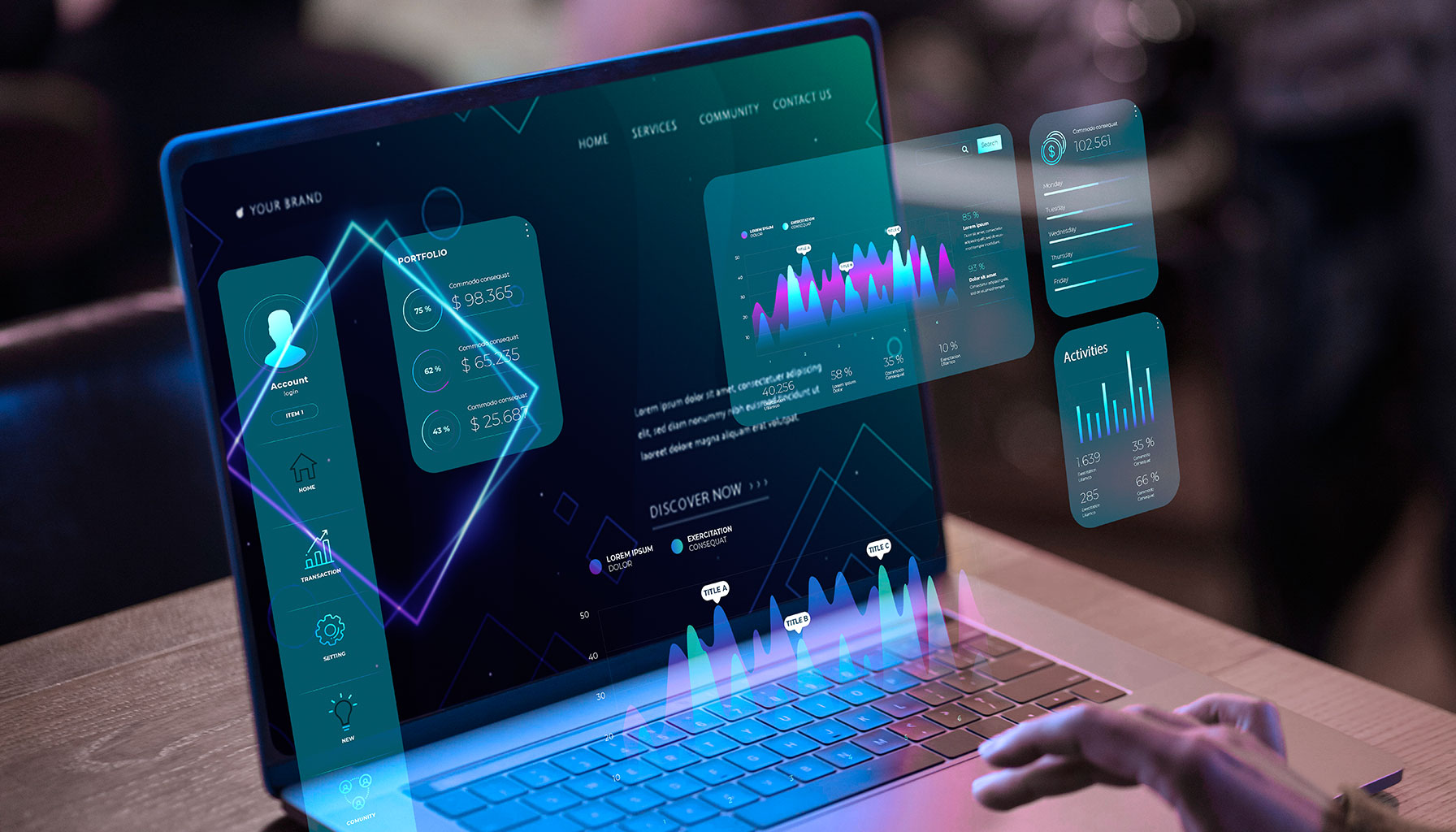Introduction
In the digital age, search engine optimization (SEO) has been an ever-evolving field, adapting to the dynamic requirements of search engine algorithms and user behavior.
Initially, SEO revolved around basic keyword optimization and link building. However, as search engines grew more sophisticated, SEO evolved to incorporate content quality, user intent, and engagement metrics.
This journey led to the integration of artificial intelligence (AI) into search engine algorithms, bringing forth a new era in SEO.
In 2025, AI has become indispensable in SEO, with advanced algorithms shaping the way content is ranked and served to users.
AI-powered algorithms like Google’s RankBrain and BERT have already laid the groundwork, shifting focus from keyword-based ranking to understanding user intent and context.
In 2025, AI-driven SEO is no longer a novelty but a necessity, with AI tools becoming essential for creating, optimizing, and strategizing SEO content.
This article explores how AI is revolutionizing SEO in 2025 by transforming content optimization, user experience, personalized search, predictive SEO, and more.
1. The Rise of AI in Search Engine Algorithms
Artificial intelligence has fundamentally changed how search engines rank content. Prior to AI, search engines relied primarily on keyword frequency and backlinks. However, AI allows search engines to analyze context, user intent, and relevance on a deeper level.
RankBrain, one of Google’s first AI-driven algorithms, paved the way by introducing machine learning (ML) into ranking systems. It allowed Google to interpret complex queries and adjust rankings based on evolving user behavior.
In 2025, AI algorithms have become even more advanced. Beyond RankBrain, BERT (Bidirectional Encoder Representations from Transformers) improved natural language understanding, helping Google comprehend nuances in language.
AI enables search engines to interpret synonyms, sentence structure, and query context better than ever, allowing them to match user intent more accurately.
This shift has impacted SEO strategies, pushing marketers to focus on creating meaningful content that aligns with user needs.
AI algorithms in 2025 are complex enough to prioritize intent, context, and engagement over traditional metrics like keyword density. SEO professionals now optimize for search engines that learn and adapt constantly, requiring them to stay updated on AI advancements.
Algorithms assess content quality, authoritativeness, and trustworthiness using signals like page structure, engagement metrics, and external validation, such as backlinks from reputable sources.
2. AI-Driven Content Optimization
AI-powered content optimization tools have transformed how SEO specialists approach content creation. In 2025, AI tools generate content outlines, suggest keywords, and even draft copy that aligns with search intent.
While human oversight is essential, these tools enable marketers to produce high-quality content faster and more effectively.
One of the main breakthroughs has been semantic SEO, where AI tools help create topic clusters instead of focusing solely on keywords. Topic clusters enable websites to build content hierarchies, creating interlinked pages that reinforce authority on specific topics.
AI tools analyze search intent, query patterns, and related topics, allowing marketers to create comprehensive content that satisfies user needs holistically.
Furthermore, AI has enhanced personalization in content delivery. AI algorithms analyze user behavior, location, and demographics to recommend the most relevant content.
This approach improves engagement and retention, as users receive customized suggestions aligned with their preferences. For SEO, this means creating content that appeals to diverse audience segments while maintaining relevance to individual users.
3. Enhanced User Experience (UX) Signals
User experience has become a crucial factor in SEO, with Google’s Core Web Vitals update emphasizing the importance of page loading speed, interactivity, and visual stability.
AI enhances UX by analyzing user behavior patterns and identifying areas where users may face issues. In 2025, AI helps marketers optimize UX by delivering insights on user interaction with content, bounce rates, and session durations.
AI also plays a significant role in optimizing for voice search, a trend that continues to rise. Voice searches are more conversational, and users tend to ask questions in natural language.
AI enables search engines to process these voice queries accurately, pushing SEO specialists to adopt a more conversational tone in content. In 2025, voice search optimization includes long-tail keywords and question-based phrases that align with how users speak.
Additionally, visual and video search have gained importance, with AI helping search engines interpret multimedia content. Visual search uses AI to recognize objects, colors, and patterns in images, enabling users to search by uploading images.
For SEO, this means optimizing images with descriptive tags, metadata, and high-quality visuals that enhance discoverability.
4. AI and Predictive SEO
Predictive SEO, fueled by AI’s ability to analyze vast amounts of data, allows SEO specialists to anticipate user behavior and search trends.
In 2025, predictive analytics has become a staple for competitive SEO strategies, providing insights into seasonal trends, content gaps, and popular topics.
Predictive tools analyze search volume, user interactions, and historical trends to suggest topics and keywords likely to perform well.
AI-driven predictive tools are particularly useful for content planning. Marketers can identify trending topics before they peak, giving them a competitive edge.
For example, if AI tools identify an uptick in searches related to sustainable fashion, e-commerce businesses can capitalize on this trend by creating relevant content. This proactive approach keeps content fresh, relevant, and aligned with audience interests.
Predictive SEO also extends to competitor analysis. AI tools analyze competitor websites, keywords, and content strategies, providing insights into what works in a specific niche.
By leveraging these insights, marketers can optimize their content to match or surpass competitors, ensuring they stay relevant in search rankings
5. Personalized Search and E-A-T (Expertise, Authoritativeness, Trustworthiness)
Personalized search has become increasingly influential in SEO as AI-driven algorithms aim to deliver more relevant, tailored search results.
In 2025, personalized search means that search engines can offer individualized results based on a user’s previous searches, geographic location, and even demographic details.
AI algorithms learn from user interactions to understand their preferences and intent, helping search engines like Google serve content that resonates on a personal level.
This rise in personalized search puts greater emphasis on Google’s E-A-T (Expertise, Authoritativeness, and Trustworthiness) standards. E-A-T guidelines were introduced to ensure users receive reliable and quality information.
AI plays a critical role in assessing these attributes in 2025, as it evaluates content quality, site authority, and content accuracy across multiple pages.
Google’s AI-driven algorithms look for signs of expertise (accurate information from qualified sources), authoritativeness (industry recognition and influence), and trustworthiness (a trustworthy site structure and transparent policies).
For businesses, this means prioritizing high-quality content created by industry experts or backed by authoritative sources. Content must be accurate, insightful, and relevant to the audience’s needs.
SEO specialists now need to collaborate closely with credible authors, as AI algorithms factor in the author’s authority on the topic. Additionally, strong backlink profiles remain essential; however, AI now assesses link quality over quantity, focusing on relevant, reputable sources.
User intent also plays a significant role in personalized search and is increasingly complex in 2025. AI algorithms classify user intent into informational, navigational, transactional, and commercial investigation categories. As a result, SEO experts must create content for each of these categories to meet user intent accurately.
The better the alignment with user intent, the more likely the content will appear higher in search results, thanks to AI’s ability to interpret and serve the most relevant pages.
6. Advanced Link-Building Strategies with AI
Link building remains an integral part of SEO in 2025, but AI has introduced a more refined approach to identifying and acquiring high-quality backlinks.
AI-powered tools now analyze potential backlink sources by examining their relevance, domain authority, and contextual alignment with your content.
For SEO professionals, this means focusing on quality over quantity, as AI algorithms favor links from authoritative, contextually relevant sites.
AI has also enhanced the outreach process, making it faster and more personalized. In 2025, AI-driven outreach tools can analyze a prospect’s website, identify relevant content, and even suggest personalized pitches for backlink requests.
For instance, an AI tool could analyze a blog post on a potential partner’s site, highlight similar content on your site, and draft a pitch that addresses how linking to your content could add value to their readers.
This type of data-driven, personalized outreach increases the likelihood of successful link acquisition.
Moreover, AI helps SEO specialists avoid harmful or spammy backlinks that could harm search rankings. AI algorithms can scan your backlink profile to detect any low-quality or spammy links that may impact your site’s authority.
In 2025, these tools are advanced enough to suggest removal or disavowal for specific links, streamlining link maintenance and keeping your backlink profile clean.
Finally, AI has revolutionized competitor link analysis. AI tools analyze competitor sites, identifying which domains link to them and highlighting potential backlink opportunities.
By understanding where competitors are receiving links from, SEO professionals can strategically approach these sources to build their own backlink profiles, ultimately helping them compete more effectively in search rankings.
7. SEO Automation and AI-Powered Tools
As AI continues to evolve, SEO automation tools have become indispensable, allowing marketers to automate repetitive tasks, analyze data in real time, and make informed decisions quickly.
In 2025, AI-powered SEO tools handle everything from keyword research and ranking analysis to content optimization and competitor tracking. These tools allow SEO teams to focus on strategy and creativity while AI manages data-intensive tasks.
One key area of automation is SEO reporting. With AI tools, marketers can receive comprehensive reports on keyword performance, site health, backlink profiles, and user behavior.
These reports are generated in real time, giving SEO teams immediate insights into the effectiveness of their strategies. For example, an AI tool might alert a team to a sudden drop in rankings for a high-value keyword, allowing them to take corrective action immediately.
This level of responsiveness is critical in 2025’s fast-paced SEO landscape.
Keyword research has also become more efficient with AI-powered tools. Instead of manually analyzing keywords, SEO specialists use AI tools to identify high-potential keywords, analyze search volume, and understand competition levels.
These tools also provide insights into long-tail keywords and semantic phrases, aligning with AI-driven algorithms that prioritize context over keyword frequency.
AI-powered chatbots and virtual assistants have also gained importance in SEO. Chatbots engage users on-site, providing quick responses to their questions and enhancing user experience.
They can answer questions, guide users through site navigation, and even collect data on user preferences. This data is invaluable for SEO, as it helps teams understand what users are looking for and optimize content accordingly.
8. Ethical Concerns and Challenges with AI in SEO
While AI offers numerous benefits in SEO, it also raises ethical concerns and challenges. One of the primary challenges is the risk of over-reliance on AI.
Although AI is powerful, human oversight remains essential to ensure that content aligns with a brand’s voice and goals. In 2025, SEO specialists must strike a balance between AI-driven insights and human creativity to create truly engaging content.
Another concern is AI bias. AI algorithms are trained on vast datasets, which can sometimes lead to biases in search results. For example, if an algorithm is trained on data that favors certain types of content or viewpoints, it may inadvertently prioritize these in search results.
SEO professionals need to be aware of potential algorithmic biases and ensure that their content remains balanced and inclusive. Additionally, there’s a need for transparency, as users may feel uncomfortable with the level of personalization AI enables without their explicit consent.
Data privacy is another significant challenge. AI algorithms rely on extensive user data to personalize search results and improve accuracy.
However, with evolving data protection regulations, including GDPR and CCPA, SEO teams must be careful about how they handle and store user data. AI-driven SEO must align with these regulations, ensuring that user privacy is maintained while still delivering personalized experiences.
Finally, there’s the risk of unethical practices, such as using AI to generate low-quality or deceptive content. I
n 2025, search engines are more adept at identifying and penalizing manipulative tactics, making it crucial for SEO professionals to use AI responsibly. Maintaining ethical standards in AI-driven SEO is essential for building trust with users and search engines alike.
Conclusion: Adapting SEO Strategies for an AI-Driven Future
As AI technology continues to evolve, SEO strategies must adapt to keep pace with the changes. In 2025, successful SEO requires a hybrid approach that combines AI’s analytical power with human creativity.
AI-driven insights can streamline processes, improve efficiency, and enhance personalization, but human judgment is crucial for creating authentic, engaging content that resonates with audiences.
SEO professionals should focus on staying informed about the latest AI developments, as well as the ethical considerations surrounding data privacy and algorithmic fairness.
This forward-thinking approach enables them to leverage AI’s potential responsibly and ethically. By prioritizing user experience, producing high-quality content, and fostering trustworthiness, businesses can succeed in an increasingly AI-driven search landscape.
The future of SEO in 2025 is an exciting blend of AI innovation and human insight. By embracing these changes and adapting strategies accordingly, businesses can harness AI’s potential to reach wider audiences, engage users more effectively, and remain competitive in search rankings.





